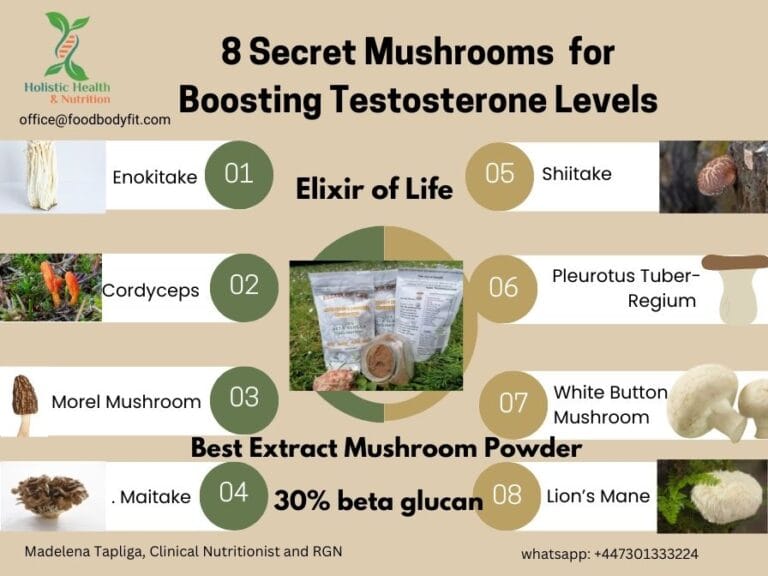Can I see a nutritionist online?
Online weight loss consultation
Online diet consultation
Online weight loss management
How much does a nutritionist cost in the uk
Holistic Nutritionist London
Does a nutritionist give a diet plan?
What is a Clinical Nutritionist?
Clinical nutritionists use a holistic approach to healing, taking into consideration the whole person, mind, body, and soul. This approach is evidence-based, meaning research findings and traditional medicine knowledge are combined to inform treatment plans.
Clinical nutritionists recognize that disease is complex and is caused by a combination of factors
- Obesity: Poor nutritional quality, including diets low in fiber and high in processed foods, is a major factor. The Alternative Healthy Eating Index (AHEI-2010) highlights dietary impacts on obesity and associated chronic diseases (Varkaneh et al.).
- Type 2 Diabetes: High-glycemic diets contribute to insulin resistance and diabetes. Nutritional interventions like low-glycemic diets have been shown to improve glycemic control (Ojo).
- Cardiovascular Disease: Diets high in trans fats and low in unsaturated fats increase risk. Specific interventions targeting serum lipid profiles have been effective (Made et al.).
- Hypertension: Excessive sodium intake is linked to high blood pressure. Dietary approaches such as DASH (Dietary Approaches to Stop Hypertension) have proven beneficial (Bolet et al.).
- Chronic Kidney Disease (CKD): High-protein diets can exacerbate CKD, while plant-based diets help slow disease progression (Laquatra & Gerlach).
- Osteoporosis: Low calcium and vitamin D intake are significant risk factors. Adequate supplementation has been shown to reduce fracture risk (Basson).
- Cancer: Poor dietary patterns, including low antioxidant intake, are linked to higher cancer risk. Diets rich in fruits and vegetables have protective effects (Kiani et al.).
- Metabolic Syndrome: A combination of obesity, insulin resistance, and inflammation is improved by functional foods rich in polyphenols (Made et al.).
- Neurological Disorders: Malnutrition impacts cognitive function in neurodegenerative diseases. Nutritional monitoring and tailored interventions are critical (Bajwa & Kulshrestha).
- Inflammatory Conditions: Deficiencies in essential nutrients, such as omega-3 fatty acids, exacerbate chronic inflammation in diseases like Crohn’s and rheumatoid arthritis (Aurora et al.).
. As a result, clients are given individualized care in response to their health. They help prevent and treat chronic diseases — such as obesity, heart disease and diabetes
According to The European Society of Clinical Nutrition and Metabolism (ESPEN), Clinical Nutrition is defined as a discipline that deals with the prevention, diagnosis and management of nutritional and metabolic changes related to acute and chronic disease and conditions caused by a lack or excess of energy and nutrients.
If you wondering about online nutritionist consultation free.
How about a discovery conversation to align your expectations?
Arrange a conversation with our experts to explore your needs. We promise tailored insights to help you move forward.
Online Diet Consultation
Clinical nutrition involves a good understanding of what nutrients are necessary for your body to function and how what you eat affects your health. A clinical nutritionist is concerned with how nutrients in food are processed, stored, and discarded by your body, along with how what you eat affects your overall well-being

Poor diet can be linked to several physical ailments and even mental health problems. An unhealthy diet, for example, can increase the risk of at least 13 types of cancers, cause tooth decay and depression, and has even been found to cause more deaths than smoking. Still, it’s important to note that both hunger and obesity are forms of malnutrition. Eating nourishing foods can ward off illness and improve overall quality of life.
Key Features of Online Diet Consultation:
- Accessibility: Clients can connect with dietitians or nutritionists regardless of geographical location.
- Personalized Nutrition Plans: Nutritionists create tailored meal plans and recommendations based on the client’s health status, goals, and preferences.
- Health Monitoring: Online tools often include tracking features for weight, food intake, and activity levels.
- Convenience: Flexible scheduling and reduced travel time make it easier for clients to maintain regular consultations.
- Cost-Effectiveness: Online consultations may be more affordable than in-person visits due to lower overhead costs.
Who Provides Online Diet Consultations?
- Registered Dietitians (RDs) or Nutritionists: Professionals with accredited training and certification in nutrition science.
- Online Weight Coaches: Often focused on general weight management and motivation, though they may lack formal qualifications in nutrition.
Applications:
- General Wellness: Developing healthy eating habits.
- Medical Nutrition Therapy: Managing chronic conditions like diabetes or heart disease.
- Weight Management: Assisting with weight loss or maintenance.
- Specialized Needs: Offering dietary advice for athletes, pregnant individuals, or those with food intolerances.
Nutrition assessment
Nutritionists evaluate their clients’ health through nutrition assessment and, in some cases, diagnostic laboratory testing.
Based on their findings, they can advise their clients on how they should modify their behavior, develop meal and nutrition plans for their clients, and counsel their clients on their nutritional needs.
Nutritionists help prevent or treat health conditions including heart disease, autoimmune diseases, and obesity. They may also work with clients who suffer from disordered eating.
Clinical nutritionists consider food in terms of nutrient value and how those nutrients affect the functions of the body.
By testing a sample of a patient’s blood or urine, the practitioner can detect any imbalances in the body. A common example of an imbalance is high cholesterol.
A clinical nutritionist focuses on the cause of the imbalance, a doctor is trained to prescribe drugs.
Clinical nutrition and biochemical individuality
A general theory behind the science of clinical nutrition is called biochemical individuality. The theory was first introduced by biochemist Dr. Roger Williams in the 1950s. Biochemical individuality theory claims that because each human body is biochemically unique, each has his or her own specific nutritional needs.
Many common symptoms can arise from nutritional imbalances, such as headaches, fatigue, and nausea. A clinical nutritionist can determine what is causing the imbalance and structure a diet to restore balance and relieve symptoms. They not only look at how food affects the digestive track, but attention is also given to how diet affects the immune system and brain wave function. The theory is that the mind and body are connected and diet affects them both
In many cases, nutritionists work as members of larger patient care teams, collaborating with physicians and other healthcare professionals.



